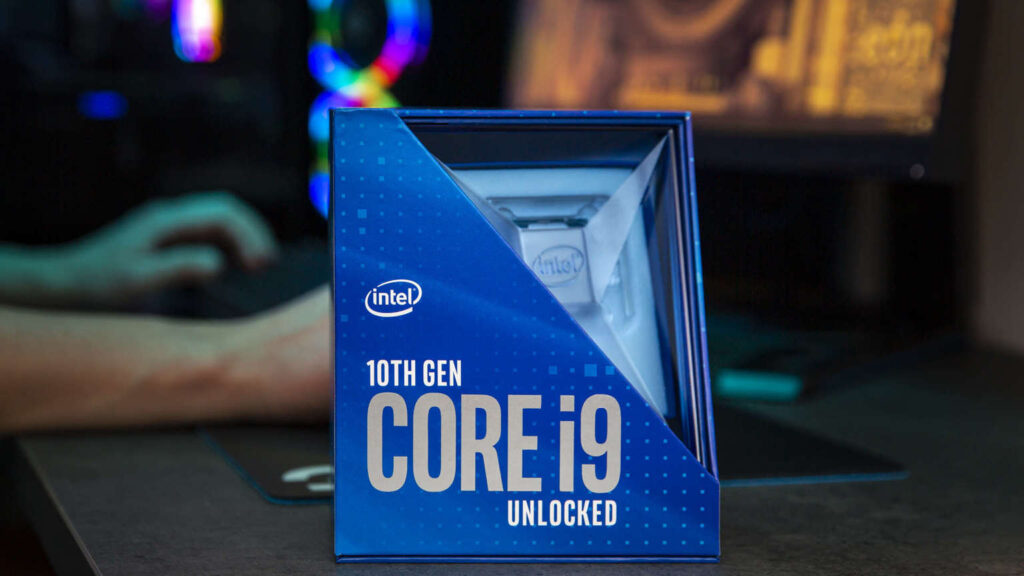The Intel Core i9-12900KS has arrived, and the manufacturer claims it is the world’s fastest desktop processor now available to consumers. While independent performance studies would be required to back up the claim, there’s no disputing that the Intel Core i9-12900KS is a performance beast, and as such, it’s carrying a lot of weight.
Specifications and Features
The Intel Core i9-12900KS processor has a 16-core arrangement, which includes eight performance cores, eight efficiency cores, and 24 threads. The processor claims that one of its main strengths is its performance-boosting capabilities, and it supports Intel Thermal Velocity Boost for improved performance even at high chip temperatures, as well as Adaptive Boost, which automatically selects higher turbo boosts on cores based on the task at hand.
A 30MB smart cache memory, 150W base power throughput, and support for both PCIe Gen 5 and Gen 4 connectors are among the processor’s other notable characteristics. The Intel Core i9-12900KS can reach 5.5GHz at its max turbo-enhanced performance level thanks to Thermal Velocity Boost.
The processor will also support DDR4-3200 and DDR5-4800 RAM, completing the complete feature set of the so-called “most powerful desktop processors.”
Most publications have claimed that there isn’t much of a difference between Intel’s K series and the ‘KS’ family of CPUs. The key difference on this note is the greater turbo boost, which allows the processor to attain its claimed peak performance of 5.5GHz. However, aside from the higher power throughput necessary for the higher turbo boost, the overall performance should be comparable to what the business now offers on its 12th gen processors.

Price and Availability
The Intel Core i9-12900KS 12th gen processor will be available globally on April 5, when it will be accessible at all Intel shops worldwide. However, given the ongoing worldwide chipset supply problem, as well as a new round of Covid-19-related lockdowns in China, it’s unclear how this limited-edition processor will be made available. The chip is expected to cost $739 (about Rs 56,000) internationally, according to Intel’s forecast.
About The Company
Intel’s technology has been at the centre of computing innovations since its founding in 1968. Intel is a market leader, developing game-changing technology that promotes global progress and improves people’s lives. They are at the crossroads of numerous technological inflexions, including artificial intelligence (AI), the 5G network revolution, and the advent of the intelligent edge, all of which will impact the technological future. These inflexions are driven by silicon and software, and Intel is at the centre of it all.
They’ve matured with data at Intel. They’ve evolved from a PC-centric corporation to one with a stronger data focus, allowing them to meet the demands of a new data-centric environment.
Intel chips are among the most complicated devices ever created, necessitating the use of modern production technologies. Moore’s Law dictates that our manufacturing techniques improve with each generation, offering even more functionality and performance, increased energy efficiency, and reduced cost per transistor.
Intel’s production facilities leverage tremendous flexibility on a global, virtual network, with six wafer fabrication sites and four assembly test manufacturing locations across the world.